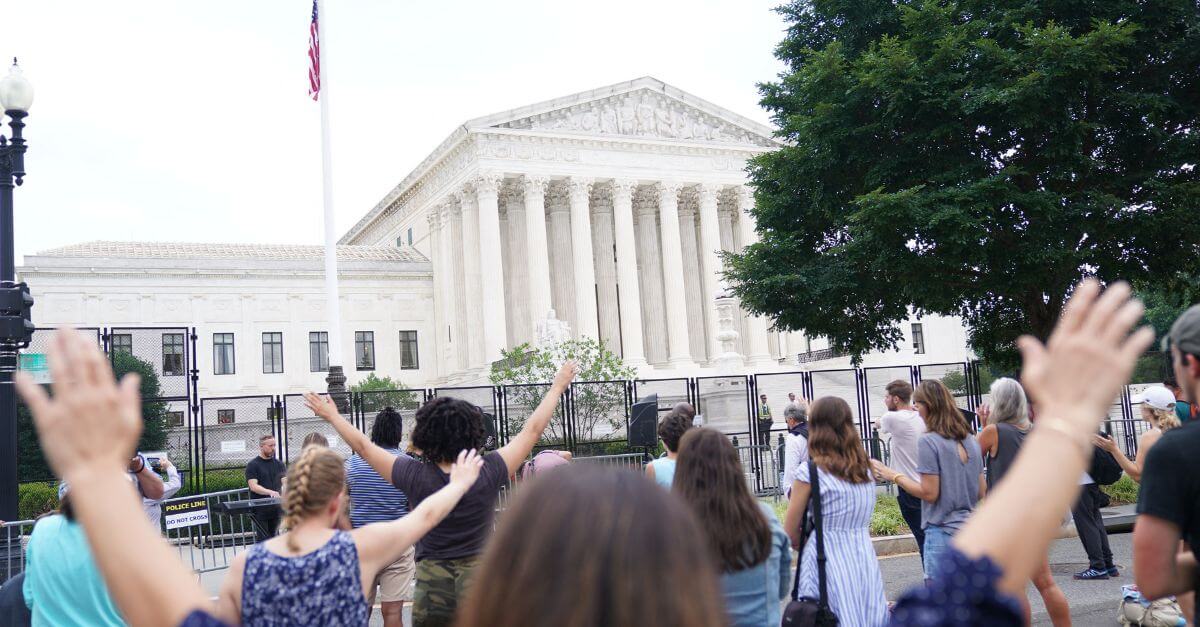Secular-Religious Clash Threatens Coalition
JERUSALEM — A sweeping plan to restructure Israel’s religious infrastructure took a big step forward last week, delighting liberals but presenting Prime Minister Sharon with his first major coalition crisis.
The Cabinet voted 18 to 3 to dissolve the Religious Affairs Ministry, a major stronghold of rabbinic and Orthodox political patronage, and reassign its departments among other ministries and local authorities. The plan was a key campaign goal of the anti-clerical Shinui party and was accepted in principle during coalition talks last winter by the National Religious Party, a junior partner in Sharon’s coalition.
However, the NRP is balking over a provision that would transfer the nation’s rabbinical courts, currently controlled by the Chief Rabbinate, to the jurisdiction of the Justice Ministry, which is headed by Shinui leader Yosef “Tommy” Lapid. Lapid is widely viewed among Orthodox Israelis as a foe of religion.
The NRP wants the Chief Rabbinate and the rabbinical courts to be kept united and moved to the jurisdiction of the Prime Minister’s Office. The party has threatened to bolt the coalition if the plan is carried out in its current form.
“We are on the way out,” NRP lawmaker Gila Finkelstein told the Forward. “Right now we don’t think that we’ll be part of [the coalition]. We can’t be part of it. It’s not a matter of power; it’s a matter of the Jewish identity of the country.”
Israel’s two chief rabbis have threatened to resign over the plan, parts of which require Knesset approval. The chief rabbis won support this week from seven Likud lawmakers, who met with the rabbis and then called on Sharon to hold up the religious courts transfer until a compromise can be found.
Shinui, however, is threatening to bolt the coalition if the plan is not adopted. With Shinui holding 15 seats to the NRP’s six in the 120-member Knesset, the secularist party appears to have the upper hand. Likud officials have hinted that Sharon will invite the Labor Party into the coalition if the NRP bolts, a prospect dismissed by Labor leaders and decried by NRP spokesmen.
“This crisis is for real,” Social Welfare Minister Zevulun Orlev of the NRP told reporters after last week’s Cabinet meeting. “I cannot stand by if the chief rabbi of secularism is given the power to appoint religious court judges. Putting Lapid in charge of the rabbinical courts is like making [Arafat adviser] Ahmed Tibi defense minister.”
The core of the Cabinet plan, breaking up the Religious Affairs Ministry, has widespread support among secular and Orthodox Jews alike. It is widely viewed as a redundant bureaucracy, tainted by corruption. Orthodox Jews see it as a lightning rod that increases secular hostility to religion in general.
The myriad departments and functions affected are difficult even for a ministerial employee to understand. Under the ministry’s jurisdiction are local religious councils, which operate synagogues and ritual baths, as well as the rabbinical courts, the Chief Rabbinate, conversion classes and Sabbath and kashrut enforcement authorities.
The religious court system, with 89 judges in 12 district rabbinical courts, has legal authority over Jewish marriage, divorce and other personal-status issues. Separate authorities under ministry supervision oversee marriage and divorce in the Muslim and Christian communities.
The ministry is also in charge of the country’s yeshivas, providing subsidies as well as administering stipends for full-time students, a program that is widely disliked by secular Jews.
The Cabinet’s reform plan would move yeshivas to the Education Ministry. It would put supervision of holy places under the Tourism Ministry and transfer training programs for would-be converts to the Ministry of Immigrant Absorption.
The Cabinet vote was hailed by the liberal streams of Judaism, both here and in the United States, as a triumph for religious pluralism. “This Cabinet vote constitutes another victory in a long battle with the Orthodox monopoly in Israel, which has been an oppressive force in the lives of ordinary Israelis,” the Association of Reform Zionists of America said in a statement from New York. “It is a huge step for all who care about the future of Israeli society and the integrity of Israeli democracy.”
Some Orthodox observers support the principle of moving the rabbinical courts to the Justice Ministry, regardless of the personalities in charge. The move “will vastly improve the rabbinical courts,” said Hebrew University law professor Dov Frimer, an ordained Orthodox rabbi and a practicing attorney in both the religious and secular courts. “There will be accountability, and they will be subject to the same standards and the same work ethics. The expectations of the rabbinical courts will be much greater than the expectations today, with the realization and recognition that if they don’t meet those expectations, there will be ramifications, which doesn’t exist today. There is no accountability today.”
The Religious Affairs Ministry was a stronghold of the NRP during Israel’s first four decades. In the 1980s, however, the party lost control of the ministry to the ultra-Orthodox Shas party, which ran the ministry until last year and installed its operatives throughout the ministry’s midlevel bureaucracy.
Shinui lawmaker Ronny Brison, the secularist party’s chief spokesman on issues of religion and state, said Shinui had been working with the NRP on dismantling the Religious Affairs Ministry until the NRP started stalling the process. At that point, he said, Shinui went to Sharon and asked him to bring the issue to the Cabinet for a vote.
“For 10 years, the people of the rabbinical courts, including Eliyahu Ben-Dahan, the head of the rabbinical courts administration, had been going around and telling everybody that it is essential that the rabbinical courts be removed from the Ministry of Religious Affairs and transferred to the Ministry of Justice,” Brison told the Forward. “Everyone was for that, up to and including the National Religious Party people who are now against it. But this has become a personal matter. They don’t want the rabbinical courts to be anywhere near Mr. Lapid. If there was anyone else in that office except him, they would accept it, and it would be a nonissue.”














